British Army soldiers are staying at Pontins in Ainsdale in Southport.
They are based at the holiday camp to help with the mass Covid-19 testing ‘Moonshot’ programme which is taking place in Liverpool.
Defence Minister Ben Wallace said that 2,000 troops will be staying in the region to help with the Coronavirus pandemic, as the second Coronavirus lockdown begins today.
Soldiers have already been deployed locally over the last few weeks, helping out with the mobile testing sites which are held in the coach park near Southport Eco Centre, and across Sefton and the Liverpool City Region.
Under the mass testing pilot programme, everyone living or working in Liverpool will now be offered Covid-19 testing, whether they have symptoms or not.
The first pilot of whole city testing in England has been made possible by the dramatic increase in testing capacity and new technologies.
At the request of and in close collaboration with local leaders, the Prime Minister is announcing the first deployment of whole city testing in order to help support the local area to find even more people with Coronavirus to control the spread of the virus and gain more data on the number of cases across the city, which are already among the highest per 100,000 in the UK. Testing has begun this week.
Residents and workers will be tested using a combination of existing swab tests, as well as new lateral flow tests which can rapidly turn around results within an hour without the need to be processed in a lab, as well as LAMP technology due to be deployed in Liverpool University Hospitals NHS Foundation Trust for NHS staff.
The pilot will help to inform a blueprint for how mass testing can be achieved and how fast and reliable Covid-19 testing can be delivered at scale.
Local leaders who invite mass testing will benefit from receiving a clearer picture of the number of cases across the city, enabling them to make informed decisions to manage the spread of the virus and support their communities. The greater the number of people who participate, the greater the accuracy of the local picture, which will mean better local decision-making to suppress the virus to help communities get back to doing more of the normal things they like to do.
Testing will be carried out in sites across the city, including a large number of new sites determined by local leaders. There will be a variety of ways to book a test, including online, walk-up, or by invitation from the local authority. Testing will be carried out in new and existing test sites, using home kits, in hospitals and care home settings, and schools, universities and workplaces.
Positive results from tests will be collected by NHS Test and Trace, and published as part of the daily case numbers, including how many positive cases are detected with this new method of testing. Results will be received from NHS Test and Trace via text and email.
Anyone who tests positive, using either a lateral flow test or an existing swab test, must self-isolate along with their household immediately and their contacts will be traced. Those who test negative will need to continue to follow all national guidance.
These more advanced tests will help identify infectious individuals who are not displaying symptoms and help far more positive cases so they can self-isolate and prevent the virus from spreading, in a first step towards rolling out mass testing more widely across the UK.
Prime Minister Boris Johnson said: “I want to thank the civic leaders of Liverpool for volunteering to join the UK’s first city-wide population testing pilot and the people of Liverpool for taking part.
“These tests will help identify the many thousands of people in the city who don’t have symptoms but can still infect others without knowing. Dependent on their success in Liverpool, we will aim to distribute millions of these new rapid tests between now and Christmas and empower local communities to use them to drive down transmission in their areas.
“It is early days, but this kind of mass testing has the potential to be a powerful new weapon in our fight against Covid-19.”
Liverpool is in local COVID alert level very high and weekly cases currently stand at 410.4 per 100,000, as of 25 October. The Government’s strategy is to suppress the virus while supporting the economy, education and the NHS, until an effective vaccine is widely available.
Local action is at the centre of the government’s response, and engagement with local authorities is, and will continue to be, a key part of this process.
Since the start of the pandemic, the Armed Forces have deployed specialist planners, medics and logisticians to assist with the Government response to the outbreak through the Covid Support Force.
When the national testing programme launched, the Armed Forces provided invaluable support, deploying thousands of personnel at short notice across 236 mobile testing units, carrying out more than 700,000 tests. As part of the sustainable testing model for the long term, personnel were replaced with civilian operators, but the Armed Forces have continued to bolster local logistics and outbreak management.
Defence Secretary Ben Wallace said: “Since the start of the pandemic, the Armed Forces have worked with colleagues across government to increase the national testing capacity. We will be deploying 2,000 talented Armed Forces personnel to, once again, rise to the challenges posed by Covid-19 to ensure we go above and beyond for the Liverpool community – we will have your backs throughout the trial.
“The military are uniquely placed to help with the fight against Covid-19 and remain ready to support with the mass testing initiative in Liverpool along with the additional needs of the country at this time.”
Do you have a story for Stand Up For Southport? Please message Andrew Brown via Facebook here or email me at: mediaandrewbrown@gmail.com

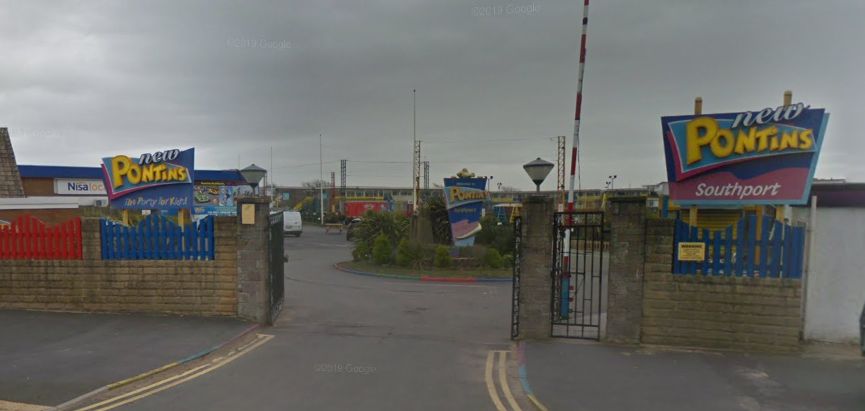
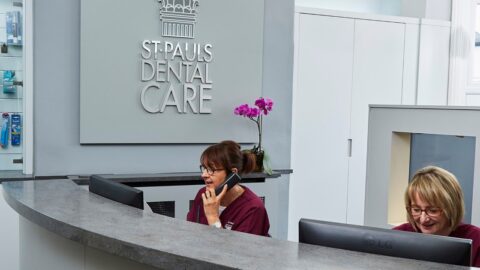
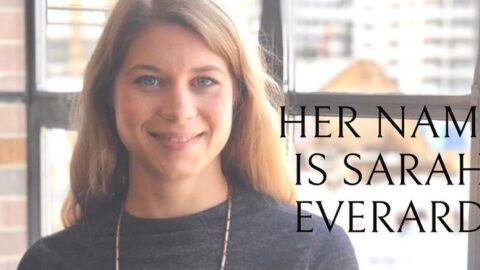

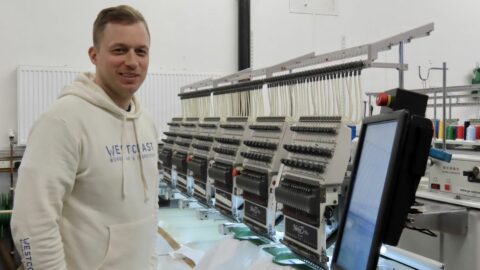


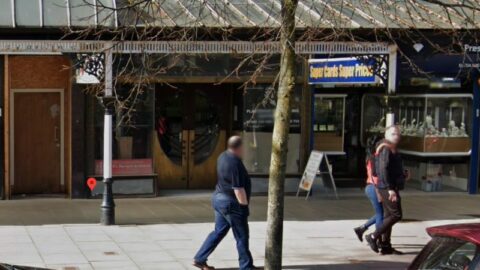
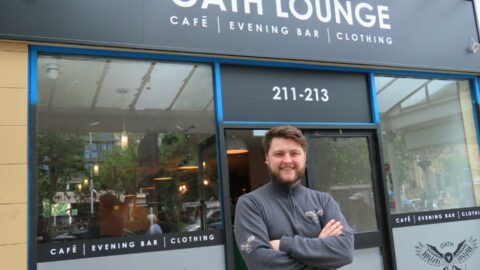
You have brought up a very fantastic details , thankyou for the post.
The crux of your writing whilst sounding reasonable in the beginning, did not settle very well with me personally after some time. Someplace throughout the sentences you were able to make me a believer unfortunately only for a short while. I nevertheless have got a problem with your leaps in assumptions and one would do well to fill in those gaps. In the event that you actually can accomplish that, I could definitely be amazed.
This is a topic close to my heart cheers, where are your contact details though?
I must point out my admiration for your generosity supporting individuals that have the need for help on this one issue. Your real dedication to passing the solution all-around appeared to be pretty invaluable and have really enabled somebody like me to get to their dreams. Your important guidelines denotes much a person like me and further more to my colleagues. Regards; from each one of us.
I feel that is among the so much important information for me. And i’m glad studying your article. However want to remark on some general issues, The web site taste is great, the articles is really great : D. Just right job, cheers
I like this post, enjoyed this one thanks for putting up. “The world is round and the place which may seem like the end may also be only the beginning.” by George Baker.
Hi colleagues, its great piece of writing about teachingand fully
defined, keep it up all the time.
I like this web blog very much, Its a very nice place to read and find information. “…when you have eliminated the impossible, whatever remains, however improbable, must be the truth.” by Conan Doyle.
zooma casino
zooma casino
I really appreciate this post. I have been looking everywhere for this! Thank goodness I found it on Bing. You have made my day! Thanks again
Everything is very open and very clear explanation of issues. was truly information. Your website is very useful. Thanks for sharing.
Scrap metal reclaiming yard Ferrous material recycling effectiveness Iron material reclamation
Ferrous material industry developments, Iron reclamation plant, Scrap metal reconstruction
You are a very bright person!
Metal reclaim Ferrous metal baling Iron recovery yard
Ferrous material marketing, Recycling iron scraps, Metal repurposing
Simply wanna remark on few general things, The website style and design is perfect, the content is very good : D.
Metal waste reclaiming center Ferrous material record-keeping Iron scrap transport
Ferrous metal recycling center, Iron scrap reclamation and reuse, Sustainable scrap metal operations
Scrap metal recovery solutions Ferrous waste recycling programs Iron scrap collection services
Ferrous material recycling assessment, Iron waste reclaiming solutions, Ferrous and non-ferrous scrap
Thanks for another wonderful post. Where else could anybody get that type of info in such an ideal way of writing? I have a presentation next week, and I’m on the look for such information.
Hi my friend! I wish to say that this post is awesome, nice written and include approximately all vital infos. I’d like to see more posts like this.
Magnificent beat ! I wish to apprentice while
you amend your web site, how could i subscribe for a blog
site? The account helped me a acceptable deal. I had been tiny bit acquainted of this your broadcast provided bright clear concept
Hi there very nice web site!! Guy .. Excellent .. Wonderful .. I will bookmark your site and take the feeds alsoKI’m glad to find a lot of helpful info here in the publish, we want develop extra strategies in this regard, thanks for sharing. . . . . .
Good write-up, I am regular visitor of one?¦s web site, maintain up the nice operate, and It’s going to be a regular visitor for a lengthy time.
Excellent items from you, man. I have take into account your stuff previous to and you are simply too magnificent. I really like what you’ve obtained here, certainly like what you’re stating and the way through which you say it. You are making it enjoyable and you still care for to stay it wise. I can’t wait to read much more from you. This is actually a terrific web site.
Howdy are using WordPress for your blog platform? I’m new to the blog world but I’m trying to get started and create my own. Do you require any html coding expertise to make your own blog? Any help would be greatly appreciated!
I like this site its a master peace ! Glad I noticed this on google .